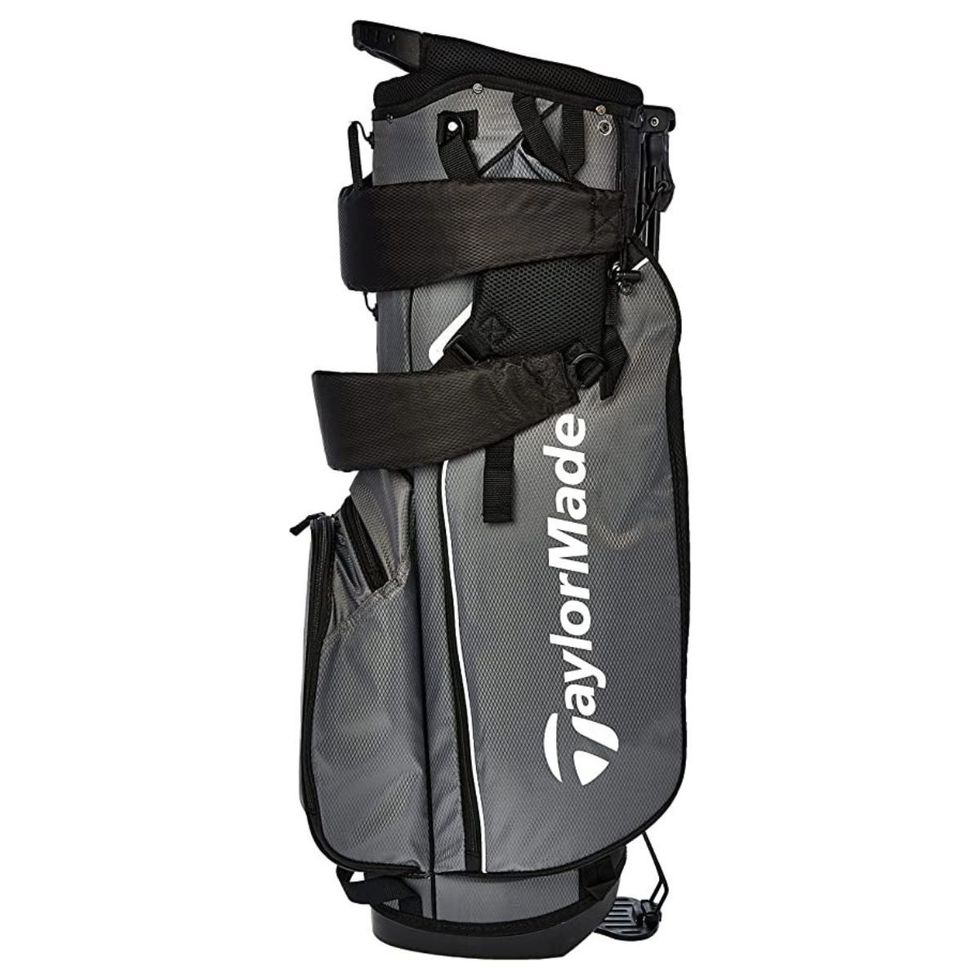Walking is an integral part of the golfing experience, allowing players to immerse themselves in the course while staying active. However, the weight of your best golf bags can significantly impact your walking efficiency, affecting your overall performance and enjoyment on the course. In this article, we will explore the role of golf bag weight in walking efficiency, highlighting its effects on physical strain, endurance, swing mechanics, and overall game performance. Understanding this relationship can help golfers make informed decisions when it comes to choosing a golf bag and managing their equipment load.
Physical Strain and Fatigue:
Carrying a heavy golf bag for an extended period can lead to physical strain and fatigue. The added weight places stress on your back, shoulders, and muscles, which can result in discomfort and decreased energy levels during your round. As fatigue sets in, your walking efficiency may decline, leading to potential swing inconsistencies and reduced overall performance.
Endurance and Stamina:
A lighter golf bag can contribute to improved endurance and stamina on the course. By reducing the weight you carry, your body can maintain energy levels for a longer duration, allowing you to walk the course comfortably and maintain consistent swing mechanics throughout the round. Enhanced endurance translates into better shot-making decisions and more accurate shots as you approach the later holes.
Swing Mechanics:
The weight of your golf bag can influence your swing mechanics. Carrying a heavy bag may cause you to lean to one side, affecting your posture and balance. This imbalance can compromise your swing plane, leading to inconsistent ball-striking and reduced accuracy. A lighter golf bag allows you to maintain better posture, balance, and rotational movements, facilitating a smoother and more controlled swing.
Walking Speed and Rhythm:
A heavy golf bag can impede your walking speed and disrupt your rhythm on the course. The added weight may slow down your pace, leading to longer rounds and potential delays for other players. Additionally, the discomfort caused by a heavy bag can break your walking rhythm and disrupt your focus, negatively impacting your game flow and mental concentration.
Injury Prevention:
Excessive weight in a golf bag can increase the risk of injury. Prolonged periods of carrying a heavy bag can strain muscles, joints, and connective tissues, potentially leading to overuse injuries. By reducing the weight of your golf bag, you can mitigate the risk of these injuries, allowing for a more enjoyable and injury-free golfing experience.
Equipment Management and Selection:
Proper equipment management and selection play a vital role in optimizing walking efficiency. Evaluate the contents of your best golf bags regularly and remove any unnecessary items to reduce weight. Consider investing in lightweight clubs, utilizing smaller-sized golf bags, or even utilizing push carts or electric trolleys to further alleviate the burden on your body.
The weight of your best cheap golf bags has a significant impact on your walking efficiency and overall game performance. Carrying a heavy bag can lead to physical strain, fatigue, decreased endurance, and compromised swing mechanics. By reducing the weight of your bag, you can enhance your walking efficiency, maintain better posture and balance, improve swing consistency, and prevent potential injuries. Assess your equipment load, consider lightweight options, and prioritize managing your golf bag to optimize your walking efficiency and fully enjoy the golfing experience. Remember, a lighter bag allows you to focus on your game and walk the course with greater comfort and ease.

Comments
Post a Comment